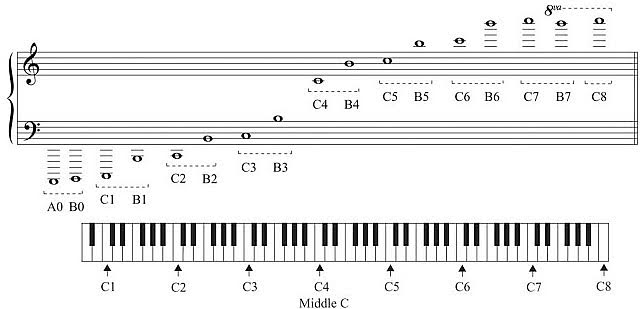What's My Vocal Range
How to Find Your Vocal Range. Determining your vocal range can be done quickly by a good choral music director or another well-trained vocalist.
It can be accomplished by yourself if you have basic music skills or access to a qualified pianist.Use an accompanist & a recently tuned piano to identify the top & bottom pitches.Sing the first five notes of the D-major scale going up and down, using the words, 'one-two-three-four-five-four-three-two-one.' Breathe deeply and be relaxed.
What is my vocal classification? Soprano, alto, tenor, or bass? In this video you'll find your range and the vocal classification of your voice. Find Your Vocal Range and Voice Type test with our comprehensive instruction video and excellent slide show. Determine your vocal range and singing range.

Sing the same pitches on 'me-oh-my-oh-meee-oh-my-oh-meeee.' Hold the top and the final pitch. Be at ease.Have the pianist change the scale by moving up one half-step and playing the E-flat major scale.Repeat steps 3 and 4 in this new key.
Continue moving up scales a half-step at a time, using a relaxed jaw and tongue. Avoid any strain or tension in the throat or neck.Produce the top note of this exercise in F major. The pitch is C. If this pitch is at your highest comfort level, C is the top of your vocal range.Continue your ascent as your comfort allows without pinching the sound.
The pianist can identify the uppermost notes and the degree of ease you exhibit.Start on the note G and reverse this exercise by singing 'five-four-three-two-one-two-three-four-five' in the key of C major.Identify your lowest note in the same manner. The lowest note must resonate and be clear. Your vocal range will grow slowly with wise guidance, regular practice and care. TipSopranos and tenors have nearly the same range, an octave apart - C up an octave through G is standard. The same is true for altos and basses - F up an octave through C or D is standard for an alto or bass.


What's My Vocal Range Chart
The quality of the vocal sound you produce is more important than your range. Choose music that lies within the 'tessitura' of your voice. This is the easy range of your voice. Check with your local community college for recommendations of good directors and good vocal teachers. Join a good choral organization within your community or a church.
Listen to CDs featuring quality vocalists and choral organizations. Attend concerts and performances where musical excellence abounds.